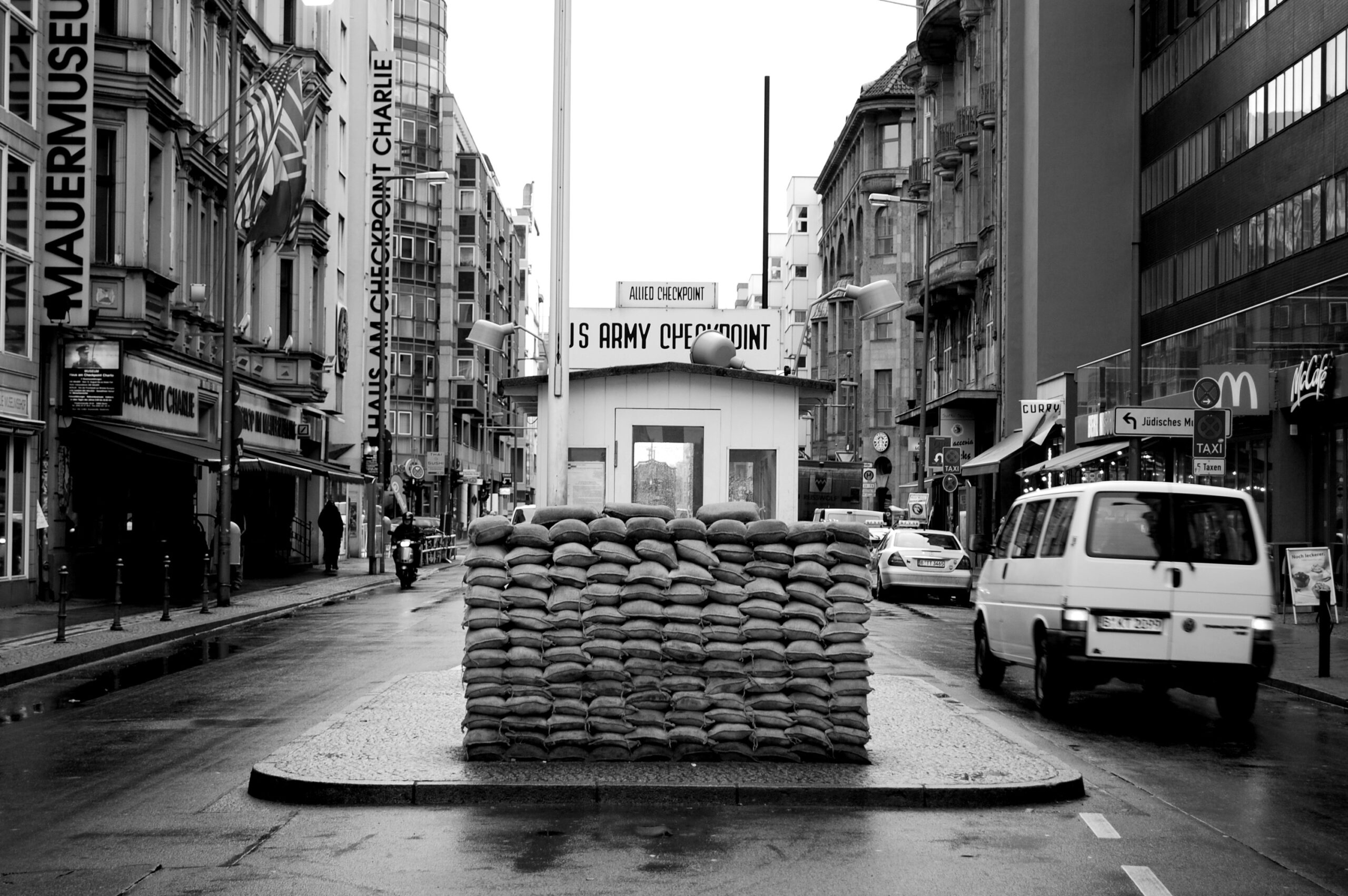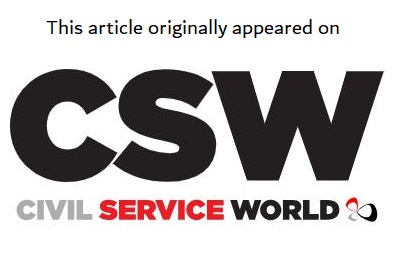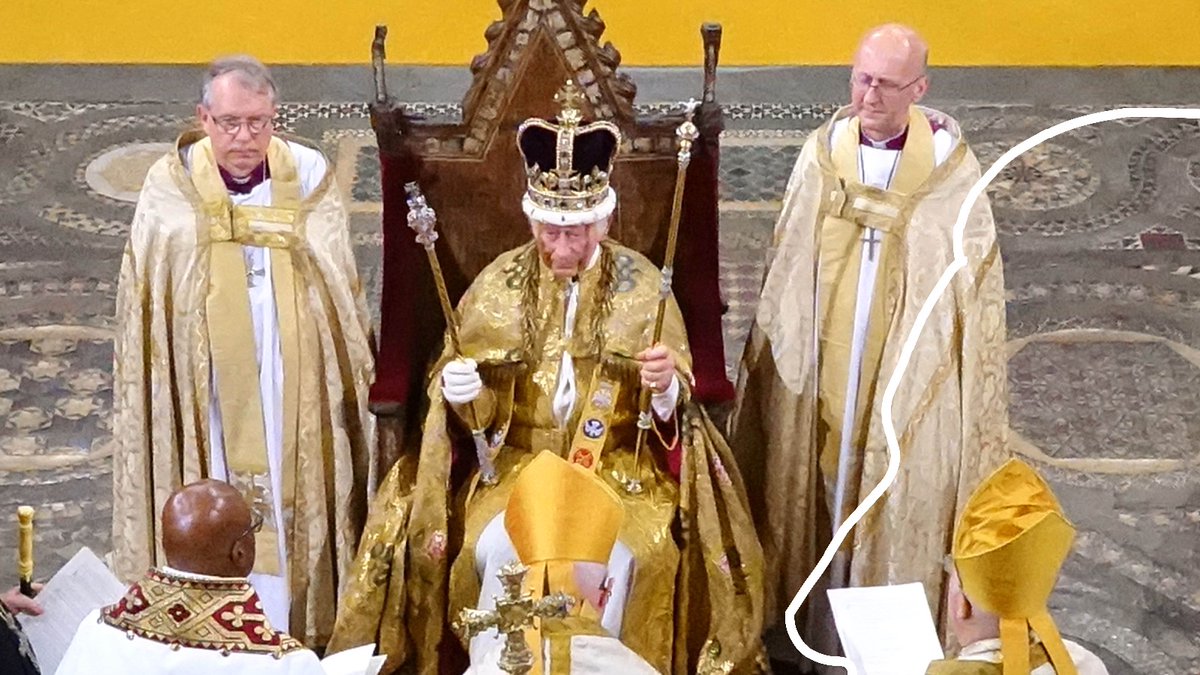The head of the UK’s independent public spending watchdog has warned MPs that government requires sufficient funding for digital transformation – and highlighted the productivity and savings benefits of doing so
The UK’s public-spending watchdog has warned that government needs to support greater investment in digital transformation, as major departments continue to spend large parts of their tech budget supporting decades-old systems.
In his annual speech to MPs, National Audit Office head Gareth Davies flagged up three urgent tasks for digital decision makers – all of which require adequate backing: replacing antiquated IT systems; improving the quality and shareability of data; and recruiting and retaining scarce, in-demand skills.
“The challenge is vast. Defra spends more than three quarters of its digital budget maintaining ageing systems. The MoD in part relies on kit dating back to the Cold War for defence inventory management,” he said.
HM Passport Office’s response to its post-lockdown backlog, improving its systems and operational management, show “it can be done”, he said.
“The customer experience is now much improved, and the Passport Office is saving money by avoiding delays,” Davies added. “The potential efficiency gains in services dependent on high volumes of data processing are enormous, with fewer, better paid civil servants delivering more modern and responsive public services, which waste less of their customers’ time.”
National Audit Office head Gareth Davies will tell MPs: “It is relatively easy to cut spending, but it requires skilled leaders and managers to deliver genuine efficiencies that release resources for government priorities.”
Better data, innovation and more rigorous evaluation could all contribute to this goal of cutting spending, according to the comptroller and auditor general.
The leader of the NAO – which answers to parliament and operates independently of the civil service – used his yearly address in the House of Commons to set out a blueprint for improving public sector productivity, highlighting five areas where government could improve value for money, including digital transformation, alongside: major infrastructure projects; asset management; procurement; and reducing fraud and error.
Related content
- MoD has 11 legacy systems at ‘critical level of risk’
- Cabinet Office schemes target areas of ‘greatest exposure to legacy technology’
- Government expands legacy tech definition to cover downtime and dearth of expertise
“Government of whatever complexion faces a tough challenge in the years ahead,” Davies said “Demographic changes mean demand for many services will continue to rise. Parts of our national infrastructure are crumbling. Maintenance backlogs persist across the public estate, impeding service delivery and costing more over time.”
He warn that outdated IT “slows the modernisation of many public services; interferes with efficient government and increases the risks of successful cyberattacks”.
Staffing and retention woes and climbing inflation have also contributed to government’s “productivity problem”, he will add.
However, Davies will stress that the NAO’s scrutiny of government departments, projects and programmes has produced “good evidence… that government can achieve more with what it already spends”.
While he will not put an exact figure on the potential savings, Davies will say they could amount to “a material contribution to the fiscal challenge, certainly tens of billions of pounds a year”.
Setting out his value-for-money blueprint, Davies called on government to address the “governance problem” plaguing major projects – pointing to HS2 and the New Hospital Programme as “examples of mega projects too large for risks to be managed by the relevant departments and arm’s-length bodies, with overall budgets in the tens of billions and long project lifetimes”.
“Both lacked sufficiently robust and realistic assessments of affordability at the outset,” he added. “A new approach to the governance of genuine mega projects is needed, starting with the involvement of a cross-government oversight board from the outset. This would increase the chance of making better go/no-go decisions and more effectively holding the project to account for cost control and delivery.”
The auditor general also called on public bodies to make better use of competition in public procurement, pointing to the NAO’s September report that highlighted government’s own estimates that doing so could save between £4bn and 8bn each year.





